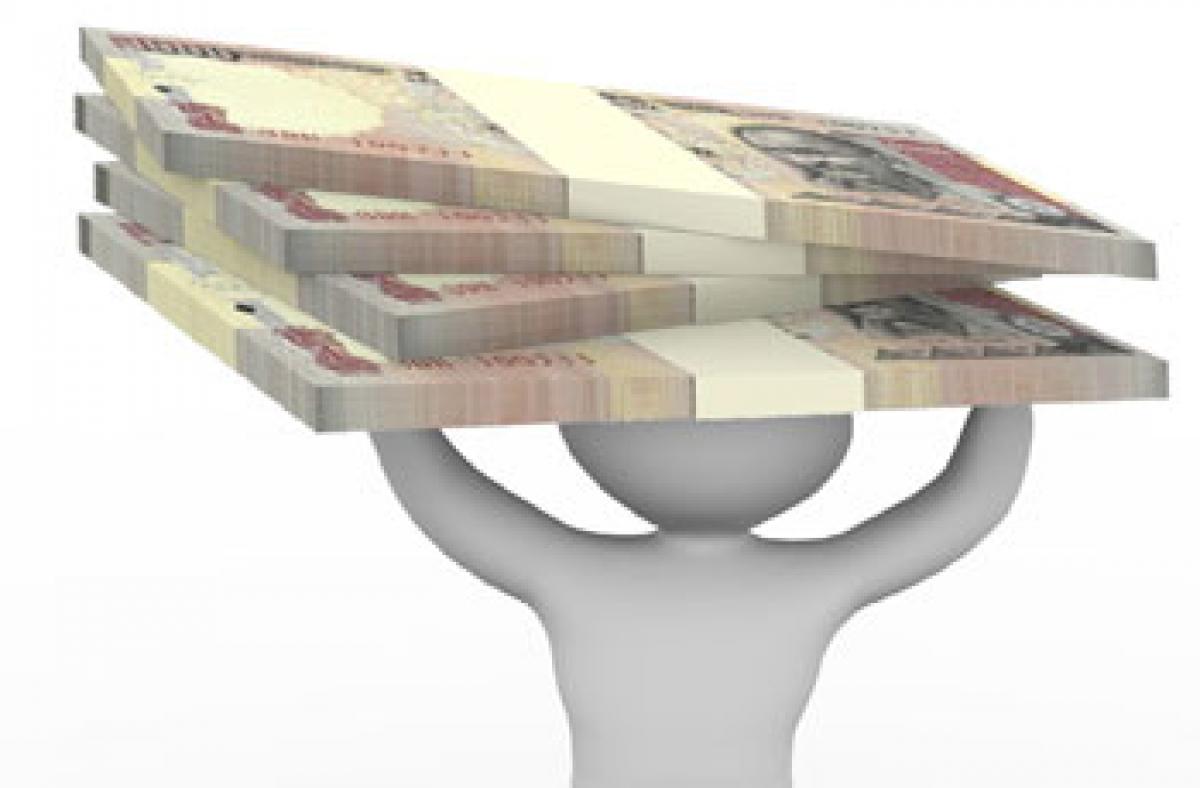Live
- Parents, teachers urged to let children grow freely
- Should State govt crack its whip on Endowment Department's functioning?
- Temple affairs a big task for EOs while few enjoy H.O. cushy stints
- RTA flounders on despatch of documents to motorists in city
- Police destroy ganja plantation
- UBI gesture to 3 welfare hostels
- Overwhelming response to Vijayawada Marathon
- Public Garden stepwell rots in apathy, walkers raise a stink
- Dinakar to send report to CM for justice to victims
- GHMC wakes up from slumber, out to tame stray dog menace
Just In

As the health awareness is increasing, people simply get into a diagnostic lab for master check up regularly, but very few understand the need to analyse their financial health.
 Knowing one’s financial fitness always helps the person stay prepared while taking a loan during emergencies
Knowing one’s financial fitness always helps the person stay prepared while taking a loan during emergencies
As the health awareness is increasing, people simply get into a diagnostic lab for master check up regularly, but very few understand the need to analyse their financial health.
In order to know the level of financial fitness, in the first instance, one needs to get the Cibil score, which is a three-digit number mentioned in the report.
As per the records, about 75 per cent of loans are being granted by the banks and NBFC based on only the Cibil score. If a person’s score is between 750 and 900, there is every chance he will get the loan quickly and easily.
Cibil report is a detailed analysis of one’s financial health, which also explains the person’s repayment history besides credit worthiness.
Most people do not like to take a Cibil score assuming that getting the score may lead to drop in the score, but it is not so. In fact they allow their lenders to do that; if any of your lenders take the score on your behalf (as they can do so) there is every chance that the score may drop as there are many enquiries.
Hence, it is advisable to get the score on our own, at least once in six months just to check the score and to see if any of your lenders made any error in updating your repayment. Always be alert and raise a dispute with Cibil, if there are errors and also keep the lenders posted with the error, just to keep yourself credit worthy.
To get a loan, in simple terms, the banker sees your debt-to-income ratio. In general terms, if the debt is one-third (or less) to the income, then it is considered as financially healthy.
For example: If your EMI for home loan is Rs 20 per month, car loan EMI Rs 3 a month and a credit card expense Rs 2 a month. The total debt is Rs 25. If the earning is Rs 100 per month, the ratio comes to 25 per cent, which is good and healthy. Of course, it can even go up to 40 per cent. But if it crosses 50 per cent, then it is troubling and requires reduction in the debt or increasing the earnings.
But, it is a must to create a fund to take care of emergency needs, and to provide for the health issues in the family. This will explain your mindset and preparedness for emergencies.
Besides, one needs to create a fund for retirement, which has to take care of the retired life and requirements like managing medical emergencies and livelihood expenses.

© 2024 Hyderabad Media House Limited/The Hans India. All rights reserved. Powered by hocalwire.com







